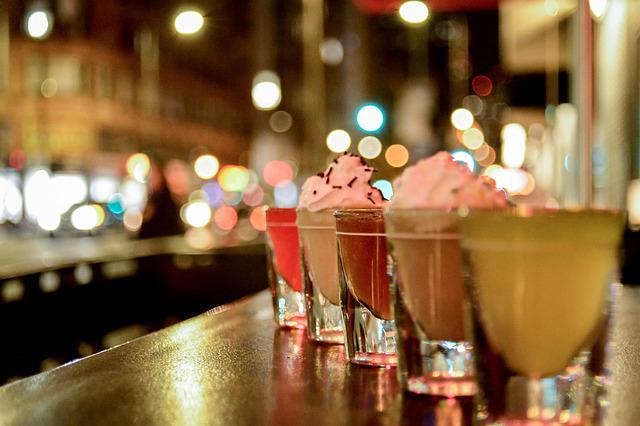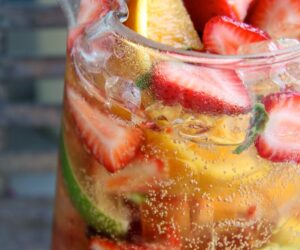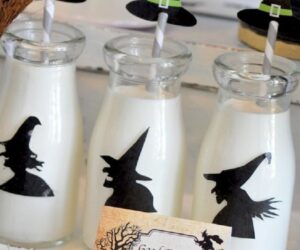
Out of all of the various spirits produced in Mexico, tequila is easily the most recognizable.
It first existed in 250-300 AD, when it was produced as a fermented juice from the agave by the Aztec Indians. In the 1600s, a distillery was built in what is now Tequila, Jalisco, and in 1758 the Cuervo family began distilling tequila commercially.
In 1974, Mexico declared the word “tequila” to be the intellectual property of the country, and it made it illegal for other states to produce and sell their own. There are three requirements the spirit must meet in order to legally be called tequila. One, it can only be made from five specific states in Mexico: Michoacán, Jalisco, Nayarit, Tamaulipas, and Guanajuato. Two, it has to be made from blue agave, and three, it has to meet the approval of Mexico’s Tequila Regulatory Council.
How is it Made?
Tequila is made from the blue agave plant, a plant that takes at least seven years to reach full maturity. It’s labor intensive and harvested by hand, and it can be cooked in four different ways.
One method is the earliest method used to cook agave; underground. A hole is dug, and the agave is placed within it and topped with wood and rocks before being set ablaze. This form of cooking agave gives it a smoky flavor, but some consider it a dirty method.
Another way to cook agave is called horno, which is the slow cooking of the agave in a brick oven. The process takes 24 hours, and it is another traditional method. The third method is similar but more modern, and it is the cooking of agave in a stainless-steel oven for 9 to 11 hours.
The fourth and most modern method of cooking agave is through a diffuser. It washes and cuts the agave before cooking it in as little as 3 hours.
No matter what method is used, during the cooking process there is a chemical reaction within the agave, which breaks down the sugars and makes them edible. The juice is pressed out of the agave and then fermented and distilled into tequila.
Types
There are five common types of tequila:
- Plata: This tequila is unaged blanco or silver.
- Joven: Joven is un-aged blanco tequila that has been blended with either a golden coloring or aged tequila.
- Reposado: This type of tequila is slightly aged and has spent more than two years in barrels but less than a year.
- Añejo: This tequila is aged in wood barrels for one to three years.
- Extra Añejo: Tequila that has been aged in wood barrels for three years or more.
Cocktails
There are a few delicious tequila cocktails you are sure to love.
Tequila Sour
Tart and refreshing, the Tequila Sour has a frothy topping and lemon-lime flavor.
Ingredients:
- 2 ounces tequila reposado
- 1 ounce lemon juice
- ½ ounce (1 tablespoon) lime juice
- 2 teaspoons agave nectar or simple syrup
- 2 dashes of Angostura bitters
- 1 egg white
- Cocktail cherry and lime wedge
Steps:
- Add the liquids into a cocktail shaker with the egg white. Shake without ice.
- Add in the ice and shake for thirty more seconds.
- Strain into a glass and garnish with a cherry and lime wedge.
Mexican Mule
A twist on the Moscow Mule, the Mexican Mule is crisp and bold, as well as delicious!
Ingredients:
- 2 ounces tequila
- ½ ounce fresh lime juice
- 4 ounces of ginger beer
- Lime slice
In a glass, pour in the liquids with ice and place a slice of lime as a garnish.
Not only is tequila rich in flavor, but it also has a rich history. There are many different cocktails that use tequila than the ones above, so have fun trying them.



